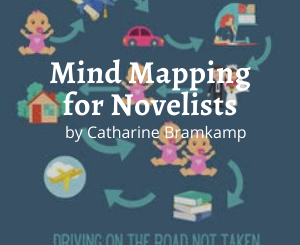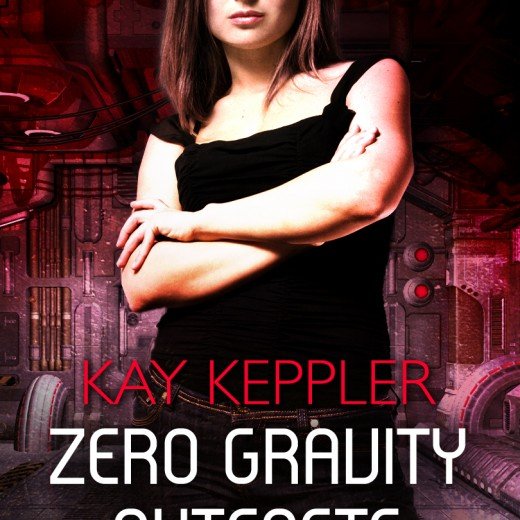Give Your Characters Tough Goals by Kay Keppler
Let’s welcome back Kay Keppler for another month with Writer’s Fun Zone! In today’s article, Kay discusses the importance of giving your characters tough goals to achieve, and the impact tough goals have on your readers. Enjoy!
***
Let’s say you have in mind a character you want to write about. You know everything there is to know about this person—what he or she looks like, where they live, how old they are, who their parents and siblings are, where they went to school, their pets, religion, philosophy, employment, and their favorite music, colors, pastimes, and foods.
That’s great. Now, to get the story started, you have to give him or her a goal.
Eyes on the prize
Your character has to want something, and want it bad. The goal has to be big enough and difficult enough to achieve that your character has to struggle to get it. Readers want to see characters overcome obstacles; they want to feel the conflict and hope for the best, so give your characters something to fight for.
Be sure your character wants something they don’t already have. Characters who want more of what they already have are boring and greedy, and readers will abandon your book faster than rats from the Titanic if they don’t like your hero.
Failure has consequences
Your protagonist should not only want something, they should need it desperately, need it so much that they’ll take instant action—strong action—to achieve their goal. That action creates plot, which is something you, as an author, desperately need. If your characters fight it out throughout the book, trying to get what they need and want desperately—well, the book won’t write itself. But you’ll have plenty of material from which to choose.
Your characters know that if they don’t attain their goals, something bad will happen. What the “bad” is depends on the book you’re writing—but it could range from something humiliating if you’re writing comedy, for example, to something dangerous if you’re writing suspense.
The characters’ goals should be urgent. If the character doesn’t succeed soon, then the bad consequence will happen. Urgency adds tension to the narrative, and it requires action from your characters. It pushes the characters—and the story—forward. Push your characters to action, let them make decisions, good or bad, that drive them to the next action. Your readers will turn the page, wanting to know what comes next.
Success at last
If you’re writing commercial fiction, you have one possible outcome. After much struggle and at great personal cost, your character triumphs. It’s a rule.
Here’s the bottom line: if you’re writing mystery, suspense, or romance, you’ve made a contract with the reader. Your readers expect you to write to the conventions of the genre. That means the mystery is solved, the killer is caught, and the romance ends happily.
You can play with the rules a bit. The goals can change: perhaps instead of catching the killer, the goal becomes saving the life of the child, and the outcome of the killer is left in doubt. You can do this judiciously, especially if you make clear to your audience that the hero’s goal is changing—and you make clear that a sequel will answer the question of whether the killer is caught.
But change the contract with the reader at your peril. Because if you don’t meet your readers’ expectations, they won’t trust you to buy that second book.
Like cake, characters taste best in layers
Characters are more interesting if they aren’t just focused on the external, or physical, goal. That’s where your character study comes in.
Say you have a cop who needs to catch the killer. That external goal will supply you with plenty of action—but the character will be more interesting if you stir up his internal, or emotional, goals, too. Perhaps you could make him a Buddhist who struggles to reconcile his religion with his chosen profession.
Characters’ internal goals work best when they reflect the external goals. Make them mesh. Then each decision your characters make will reflect on both their actions and emotions.
That’s tough on characters. But your readers will love you for it.
***
 Kay Keppler (www.kaykeppler.com) is an author (Zero Gravity Outcasts, Betting on Hope, Gargoyle: Three Enchanting Romance Novellas) and editor of fiction and nonfiction (Angel’s Kiss, Outsource It!) who lives in northern California. Contact her here or at kaykeppler@yahoo.com to ask questions, suggest topics, or if you prefer, complain.
Kay Keppler (www.kaykeppler.com) is an author (Zero Gravity Outcasts, Betting on Hope, Gargoyle: Three Enchanting Romance Novellas) and editor of fiction and nonfiction (Angel’s Kiss, Outsource It!) who lives in northern California. Contact her here or at kaykeppler@yahoo.com to ask questions, suggest topics, or if you prefer, complain.







